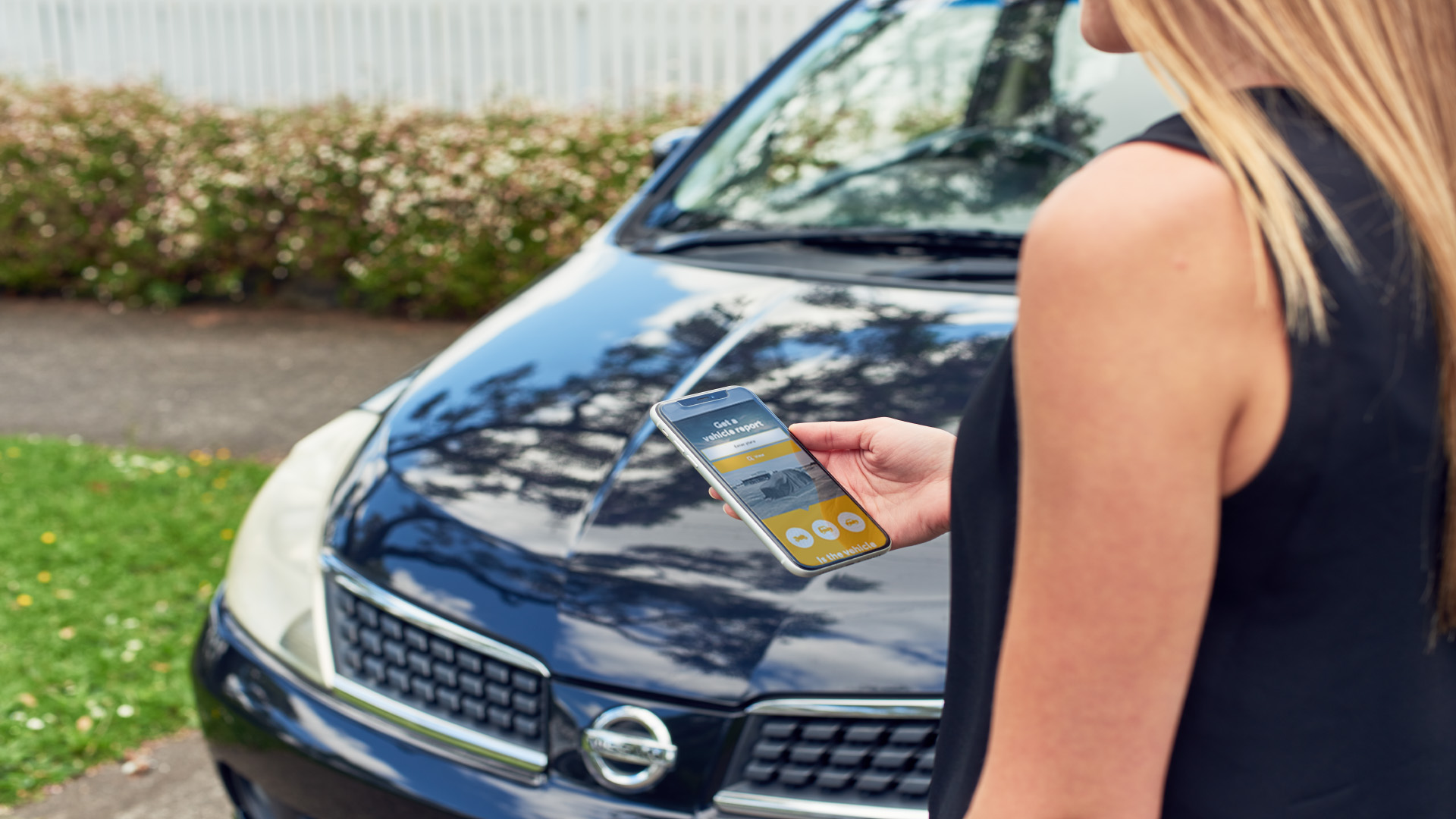Buying guide
What's in a Vehicle Information Report (VIR)?
One in three cars checked will have an issue – by viewing the full report you can be confident in the car you buy.
Have you narrowed down your car search and have something in mind? We recommend getting a MotorWeb Vehicle Information Report (VIR) – it will tell you everything from the history of the car and its legal status to an inconsistent odometer reading. One in three cars checked will have an issue – by viewing the full report you can be confident in the car you buy.
Why get a VIR?
If you buy a car without running a history check beforehand, you risk buying a car that might be more work than you bargained for. A MotorWeb VIR will give you a comprehensive vehicle report – it does all the work for you.
Financial history
If you buy a car with money owing on it then you, the new owner, will have to pay any ongoing bills. If you don’t know the car has money owing then this could lead to you not only losing your car but losing the money you paid for it. Debts could include:
- Unpaid loans that have been taken out on the car.
- Road user charges (RUC) for diesel cars. Call the RUC Helpdesk, 0800 655 644 to check.
- A Purchase Money Security Interest is registered on the Personal Property Securities Register. This lets the person who has registered the security interest to sell the car to fund any arrears on the loan. This can be done on the day the car is sold, so you should check it the day you buy it.
Ownership history
A VIR will tell you whether the seller is the registered owner and has the right to sell the car. It will tell you certain details like the number of past owners and you can verify the owner's name if they’re a private seller. You might not get all owner details if their identity hasn’t been confirmed, the current owner has filled out incorrect forms (meaning the previous owner is still technically liable for fines) or the car has changed ownership very recently. A VIR will flag any ownership issues and we recommend talking to NZTA for peace of mind.
Inconsistent odometer
If anything looks suspicious, or if the odometer reading has gone backwards, a VIR will let you know. If a VIR suggests the odometer has been tampered with, you should get a mechanical check to make sure. Some odometer alerts to look out for:
- It’s been reset to zero.
- It’s been dialled back.
- Replaced due to a mechanical fault.
- Incorrectly entered in government records.
WoF and licensing info
You don’t want to buy a car only to discover that it’s not legally allowed on the road. A VIR will tell you if the WoF or rego has expired, or if it’s about to. You can’t drive a car on the road without a WoF and rego, so having this info is crucial.
Flood and fire damaged cars
It’s important to find out whether the car is a fire or flood-damaged import or used car. Cars that have endured fire or flood damage but been repaired need to pass lots of tests before they can be reregistered. You definitely shouldn’t be paying the same price as you would for the same car if it’s had no damage.
Once you have run a VIR we also suggest getting the car inspected by a mechanic to make sure there are no hidden issues. Obtaining the VIR is a vital step in buying your next car with confidence, but there are other important things to consider, including the safety rating of your preferred car. You don’t confidently understand what the safety ratings mean and how they’re awarded? Fear not, we have the info you need!
Other articles you might like

